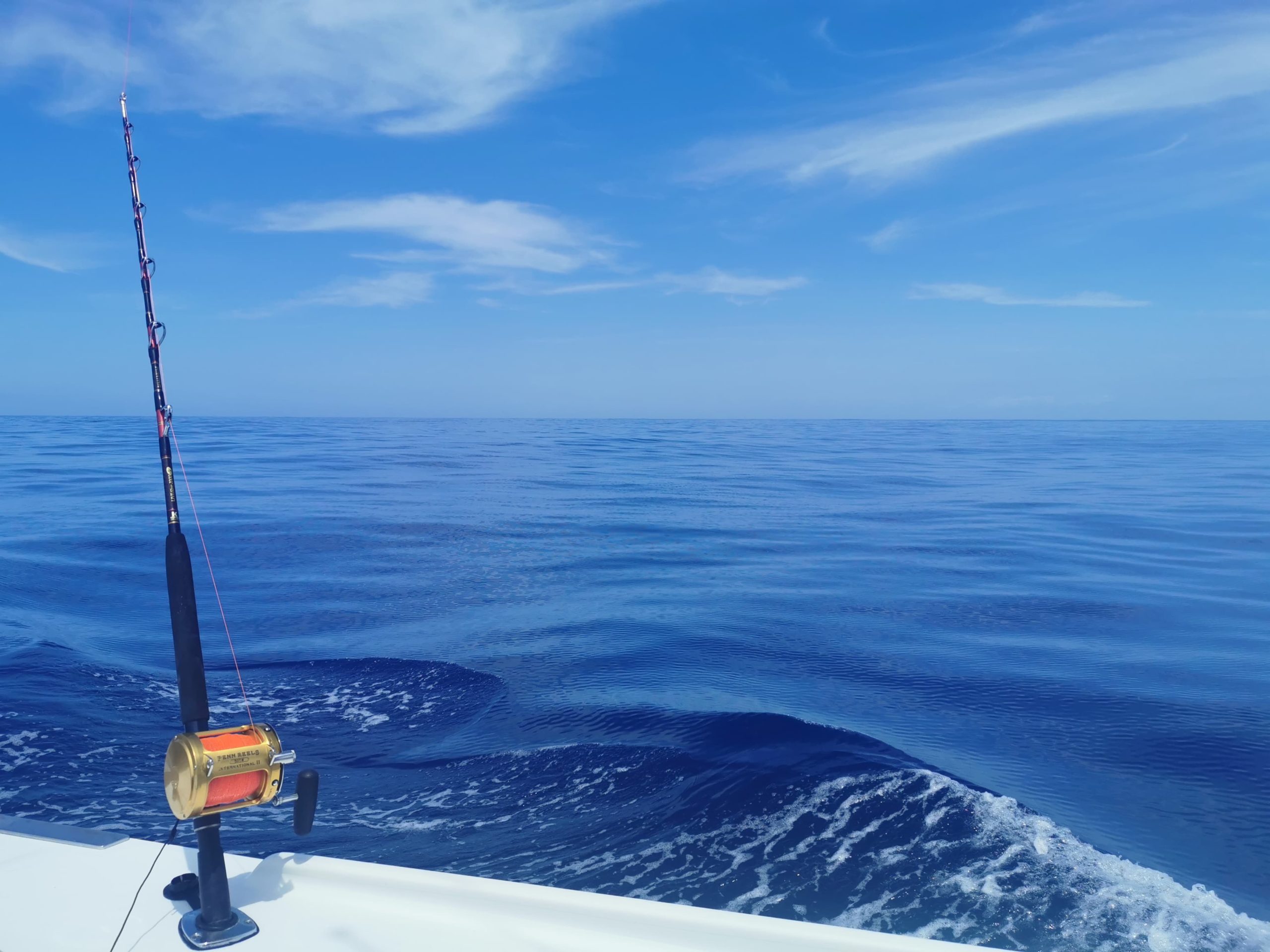FAQs
All FAQs |
Customary Fisheries | Fisheries Management | maximum sustainable yield | QMS | Economics | Fishing | Rescue Fish | Environment | Fishing methods | Recreational Fishing | Fishcare | customary | Kahawai | Reform scam | Baitfish | Scallops | Crayfish | WRC decision | Marlin | Reef fish | Deemed value penalties
February 19, 2026
No. LegaSea and the New Zealand Sport Fishing Council have submitted many times that the deemed value system is not working. It’s not fair on smaller operators if larger operators, who hold a lot of Annual Catch Entitlement (ACE), will not release it. This encourages dumping, which is not good for the small-scale operator, nor ... Read more.
February 19, 2026
Deemed value penalties are supposed to be a deterrent to prevent commercial fishers from exceeding lawful catch limits. If these penalties are reduced, it will encourage ongoing catches beyond sustainable limits, weakening protections for fish stocks. The cost of commercial fishers catching more than they are legally allowed would instead be treated as an acceptable ... Read more.
February 19, 2026
No. The money collected from deemed value penalties goes into the Government’s Consolidated Fund. There is no requirement that deemed value revenue is reinvested into fisheries management expenses such as enforcement, monitoring, stock assessments and fisheries science.
February 19, 2026
Deemed value penalties are meant to work like a fine, a financial incentive that encourages fishers to stay within lawful catch limits. The penalty is supposed to be high enough to encourage responsible fishing, but low enough to discourage dumping of unwanted catch overboard.
February 19, 2026
Deemed value penalties are financial penalties commercial fishers are required to pay when they catch more fish than they are legally allowed. Commercial fishers must acquire Annual Catch Entitlements (ACE) to cover the fish they catch. If they catch more fish than they have ACE, they must buy more ACE. If they cannot source enough ... Read more.
November 10, 2025
No. More information: Are marlin a part of the Quota Management System? What’s the problem with commercial fishers selling marlin that’s already dead?
November 10, 2025
Because if there is no economic return on a fish, and no Quota Management System standards applied, there is no guarantee the marlin would be kept in suitable conditions, iced and packed correctly, to ensure food safety. Creeping death. Once commercial fishers are permitted to land ‘dead’ marlin, those numbers will increase and the argument ... Read more.
November 10, 2025
Since monitoring cameras were installed, 20 vessels have reported returning to the sea 635 marlin, total weight around 50 tonnes. Fisheries NZ advises commercial fishers report around 75% of the marlin hooked are alive when brought to the boat. This means an estimated 25% of the marlin that are brought to the boat are dead. ... Read more.
November 7, 2025
Current regulations prohibit commercial fishers from keeping and selling 19 reef species, including red moki and boarfish, from waters surrounding the east and west coasts of the upper North Island. These areas are referred to as Fisheries Management Areas 1 and 9. See the map below for reference.
November 7, 2025
Our concerns lie with the fact that allowing dead marlin to be sold will change commercial fishers’ behaviours. Currently because the regulation prohibits dead marlin to be sold, they aren’t worth anything to the fishers, giving them little incentive for bringing aboard dead marlin. If this regulation is revoked there is a strong incentive for ... Read more.

